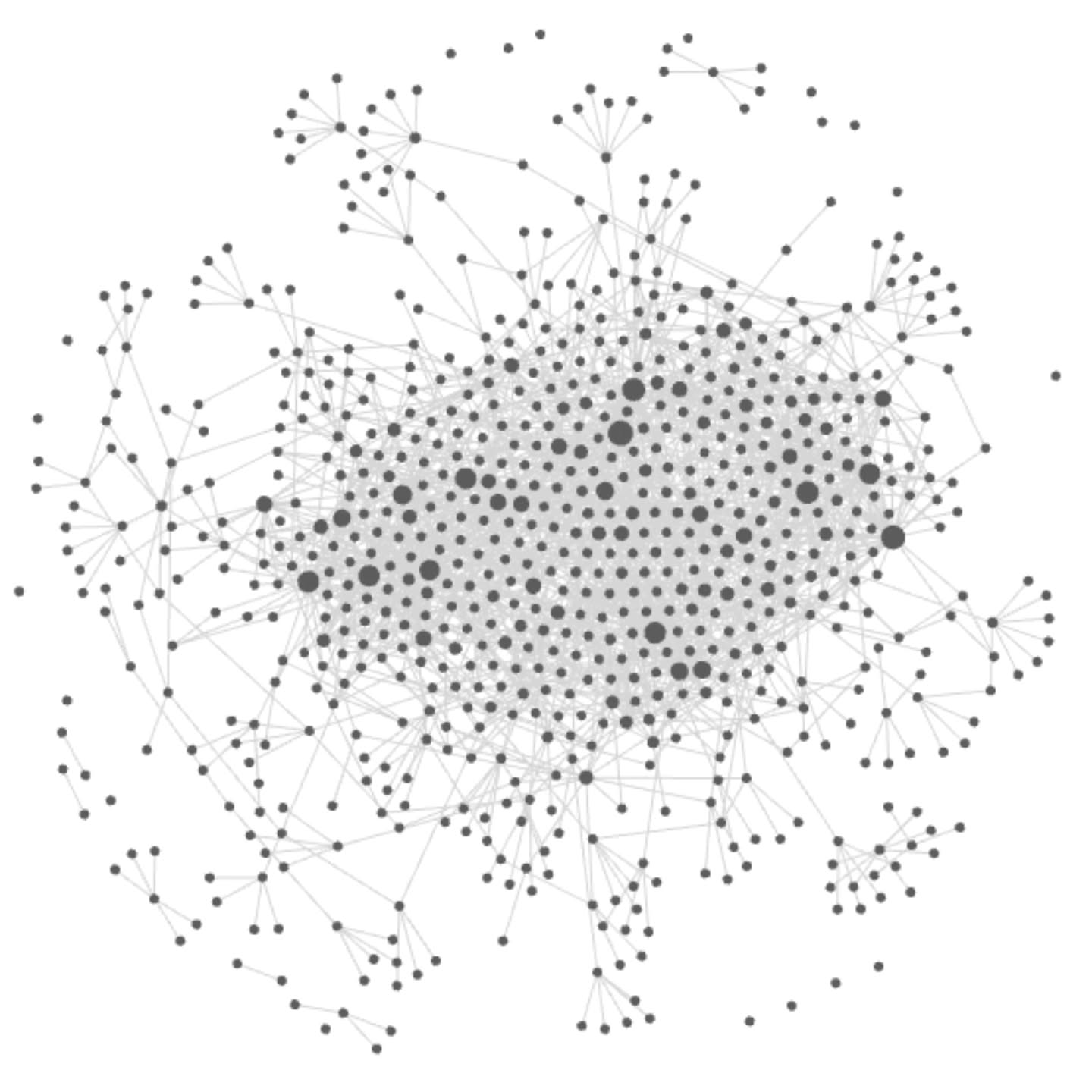Category: Uncategorized
-

Stop Fixing Problems
I read the book “Men Are from Mars, Women Are from Venus” long ago. There’s one chapter or so in the book that talks about how women talk about problems and how men try to “fix” them immediately, and how, often, it is not a solution that’s needed, but just space to talk. Many feminists…
-

Visualizing Annotated Bibliographies — Story of Kaanu
Last year in August, Kaanu was launched in BR Hills. Kaanu is a South Indian Adivasi Knowledge Centre. The people behind Kaanu has been collecting and annotating relevant publications for many years now. This had to come online and that’s how I got involved. Obsidian Prashanth and Werner had already been curating and annotating a…